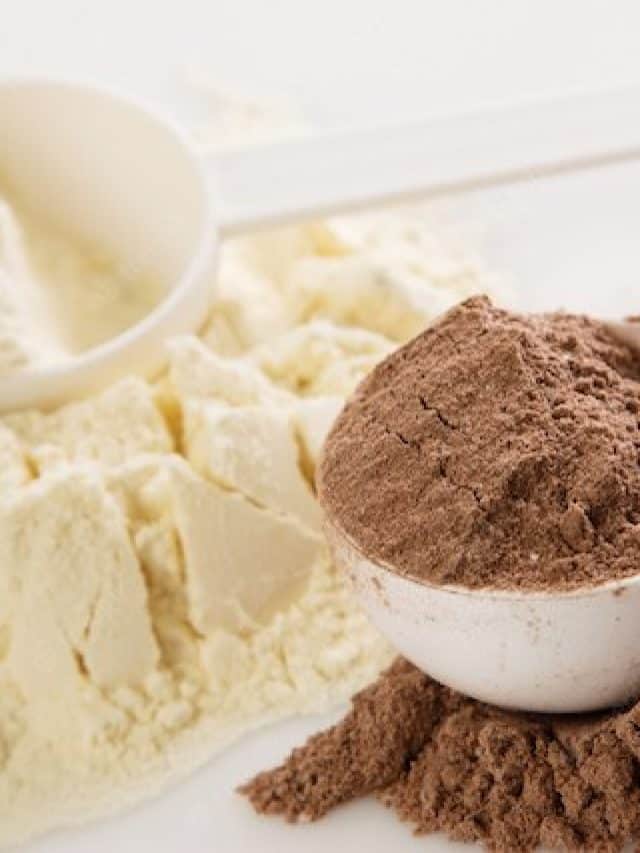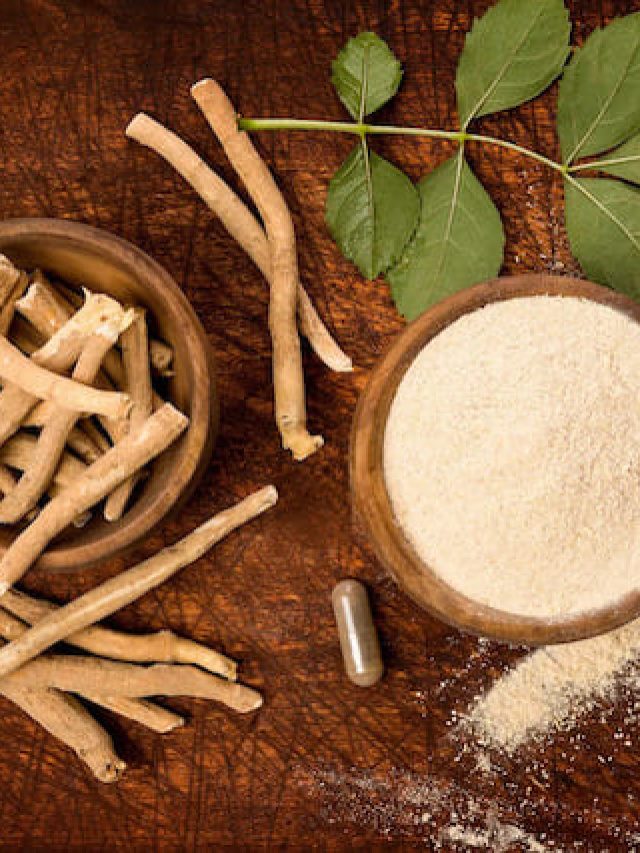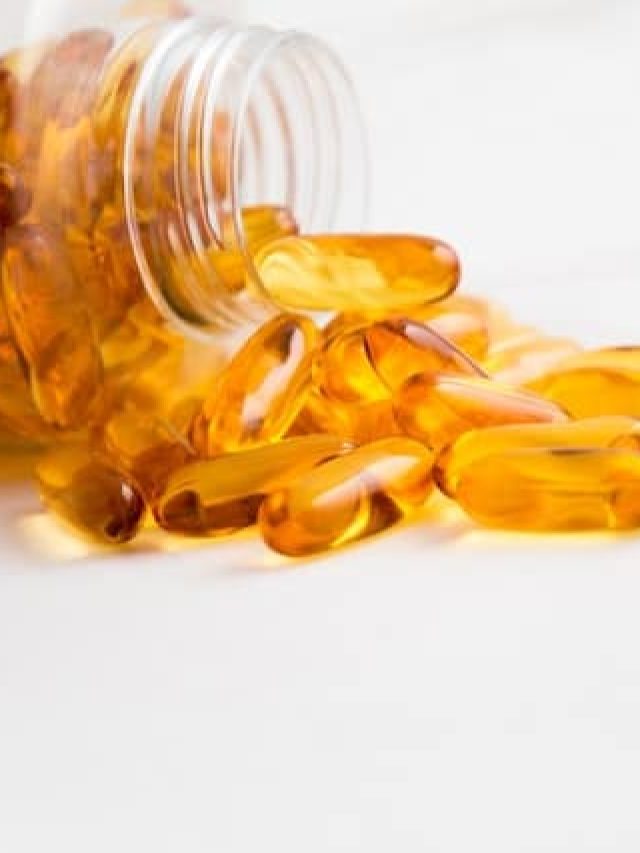
Protein is one of the most crucial macronutrients for building muscle, repairing tissues, and supporting various bodily functions. However, consuming large amounts of protein does not automatically guarantee that your body will effectively use it. Proper digestion and absorption are key to ensuring that the protein you eat is fully utilized. In this article, we’ll explore the science behind protein digestion and offer practical tips to maximize its absorption for optimal health and performance.
Understanding Protein Digestion and Absorption
Before we dive into optimization strategies, it’s important to understand the basics of how protein is digested and absorbed.
Digestion begins in the stomach, where hydrochloric acid and an enzyme called pepsin start breaking down proteins into smaller peptides. These peptides are then further broken down into amino acids by enzymes in the small intestine, such as trypsin and chymotrypsin. The amino acids are then absorbed through the small intestine’s lining and transported via the bloodstream to various tissues and organs where they are used for growth, repair, and other vital functions.
Absorption is the process where these amino acids are taken up by the intestinal cells (enterocytes) and enter the bloodstream. From there, the body distributes them to areas where they are needed. Any amino acids not used for immediate energy or building are converted into other compounds or stored.
Now that we know how digestion and absorption work, let’s look at some practical strategies to maximize protein utilization.
1. Choose High-Quality Protein Sources
Not all proteins are created equal. High-quality protein sources contain all nine essential amino acids in appropriate proportions. These are known as complete proteins and are typically found in animal-based foods such as:
- Meat (chicken, beef, pork)
- Fish
- Eggs
- Dairy products (milk, cheese, yogurt)
For vegetarians and vegans, combining different plant-based proteins can help achieve a complete amino acid profile. Some good plant-based protein combinations include:
- Beans and rice
- Lentils and quinoa
- Chickpeas and whole wheat
The more complete the protein source, the easier it is for your body to utilize the amino acids.
2. Eat Protein in Moderation Throughout the Day
Your body can only absorb and utilize a certain amount of protein at once. Studies suggest that around 20-30 grams of protein per meal is the optimal amount for muscle protein synthesis. Consuming too much protein in one sitting may overwhelm your digestive system, leading to inefficient absorption and potentially leaving some of the protein unused.
Instead of eating one or two large protein-heavy meals, aim to spread your protein intake throughout the day. This allows your digestive system to process and absorb it more effectively.
3. Chew Your Food Thoroughly
Digestion begins in the mouth, where the mechanical action of chewing helps break down food into smaller pieces, making it easier for digestive enzymes to access the protein. The more thoroughly you chew your food, the more you support efficient digestion.
Chewing properly not only helps break down the protein more effectively, but it also signals the stomach to produce more gastric juices and digestive enzymes, aiding the process further.
4. Support Digestive Enzymes
Your body relies on enzymes like pepsin, trypsin, and chymotrypsin to break down protein into its amino acids. However, several factors, including stress, poor diet, and age, can reduce the effectiveness of these enzymes.
To support enzyme production:
- Eat a balanced diet with a variety of whole foods.
- Incorporate natural enzyme-rich foods such as pineapples (bromelain) and papayas (papain), which contain proteolytic enzymes that aid protein breakdown.
- Consider enzyme supplements if you have digestive issues or are older, as your body’s natural production of enzymes decreases with age.
5. Pair Protein with Digestive-Enhancing Foods
Some foods can enhance the digestive process and promote better absorption of protein. Adding these foods to your meals may optimize how well your body can digest protein:
- Fermented foods (yogurt, kefir, sauerkraut) contain probiotics that improve gut health, creating an environment conducive to efficient digestion.
- Ginger stimulates digestive enzyme production and may help alleviate indigestion.
- Apple cider vinegar helps increase stomach acidity, which is necessary for breaking down protein into smaller peptides.
Including these in your diet can improve your body’s ability to digest protein-rich foods.
6. Stay Hydrated, but Time Your Water Intake
Water is essential for nearly every bodily function, including digestion. It helps produce the necessary stomach acids and digestive enzymes to break down food. However, drinking large amounts of water during meals can dilute stomach acid and reduce its ability to break down protein.
Instead of gulping down water with your meal, try sipping it slowly or drinking the majority of your water between meals to ensure you are well-hydrated without impacting digestion.
7. Avoid Overeating Fat Alongside Protein
While healthy fats are essential for overall health, consuming a high amount of fat with your protein-rich meal can slow down the digestion process. Fats take longer to break down, which may delay protein absorption.
If you’re looking to maximize protein digestion and absorption, opt for moderate-fat meals, especially if you’re eating a large amount of protein. Focus on lean protein sources like chicken breast or fish, and consider eating fatty foods at a different time of day.
8. Manage Stress
Stress can negatively affect digestion. When you’re stressed, your body shifts its focus to dealing with the stressor, reducing the efficiency of digestion by limiting blood flow to the stomach and intestines.
Chronic stress can lower stomach acid production, making it harder for your body to break down protein. To enhance your protein absorption, incorporate stress management techniques into your daily routine:
- Mindful eating (eat slowly and focus on your meal).
- Deep breathing exercises before meals.
- Regular physical activity such as yoga, walking, or strength training.
9. Get Enough Sleep
Sleep is vital for muscle repair, hormone production, and overall health, but it also impacts digestion. Inadequate sleep can impair the function of your digestive system, including the production of digestive enzymes.
Aim for 7-9 hours of quality sleep each night to ensure your body is in peak condition to digest and absorb the protein you consume.
10. Monitor Your Gut Health
Your gut plays a critical role in nutrient absorption, and maintaining its health can significantly affect how well your body absorbs protein. Conditions like leaky gut or poor gut flora balance can lead to malabsorption of nutrients.
To promote good gut health:
- Eat fiber-rich foods like fruits, vegetables, and whole grains.
- Take probiotics if necessary to help maintain a healthy balance of gut bacteria.
- Limit processed foods, which can disrupt the gut microbiome and impair protein digestion.
Conclusion
Maximizing protein digestion and absorption is about more than just eating large amounts of protein—it involves a holistic approach that includes selecting high-quality protein sources, managing your digestive system through lifestyle and dietary habits, and taking care of your gut health. By incorporating the strategies outlined above, you can optimize your body’s ability to effectively use the protein you consume, enhancing muscle growth, recovery, and overall health.
By paying attention to how you eat, what you pair with your protein, and your overall lifestyle, you can ensure that your body makes the most of every gram of protein you consume.










